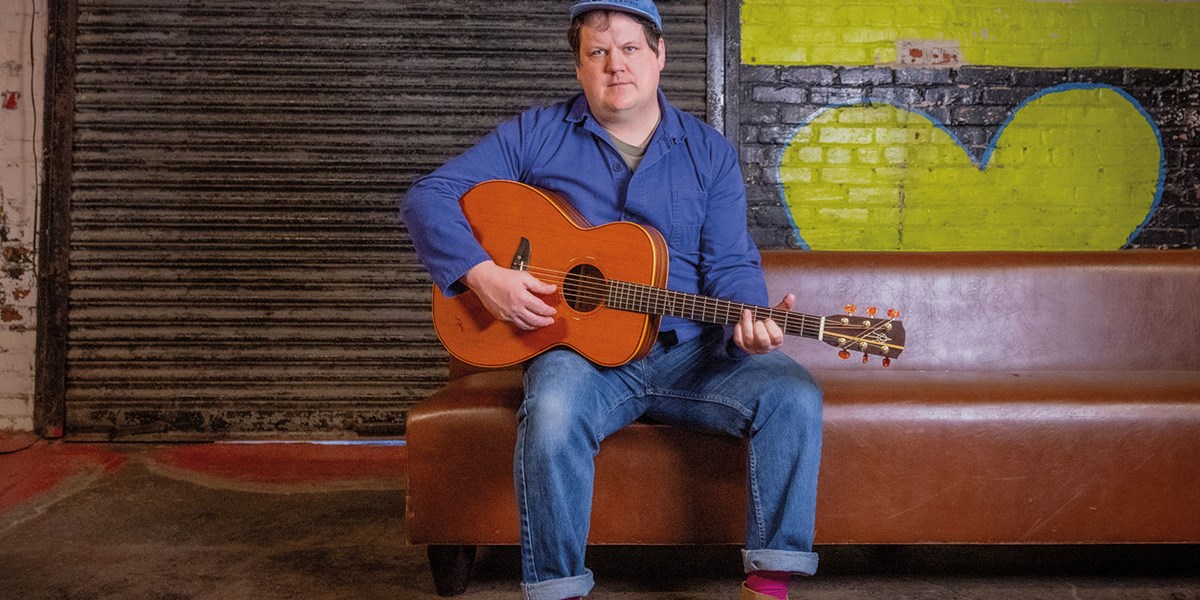Monday, August 12, 2024
Jake Xerxes Fussell: “It was always traditional music that I took the most seriously”
By Paul Slade
Paul Slade finds out why the singer, guitarist and song collector was always destined for a life in folk music and how his latest album unexpectedly paid homage to a dearly departed friend


Register now to continue reading

Thanks for visiting the Songlines website, your guide to an extraordinary world of music and culture. Sign up for a free account now to enjoy:
- Free access to 2 subscriber-only articles and album reviews every month
- Unlimited access to our news and awards pages
- Our regular email newsletters

